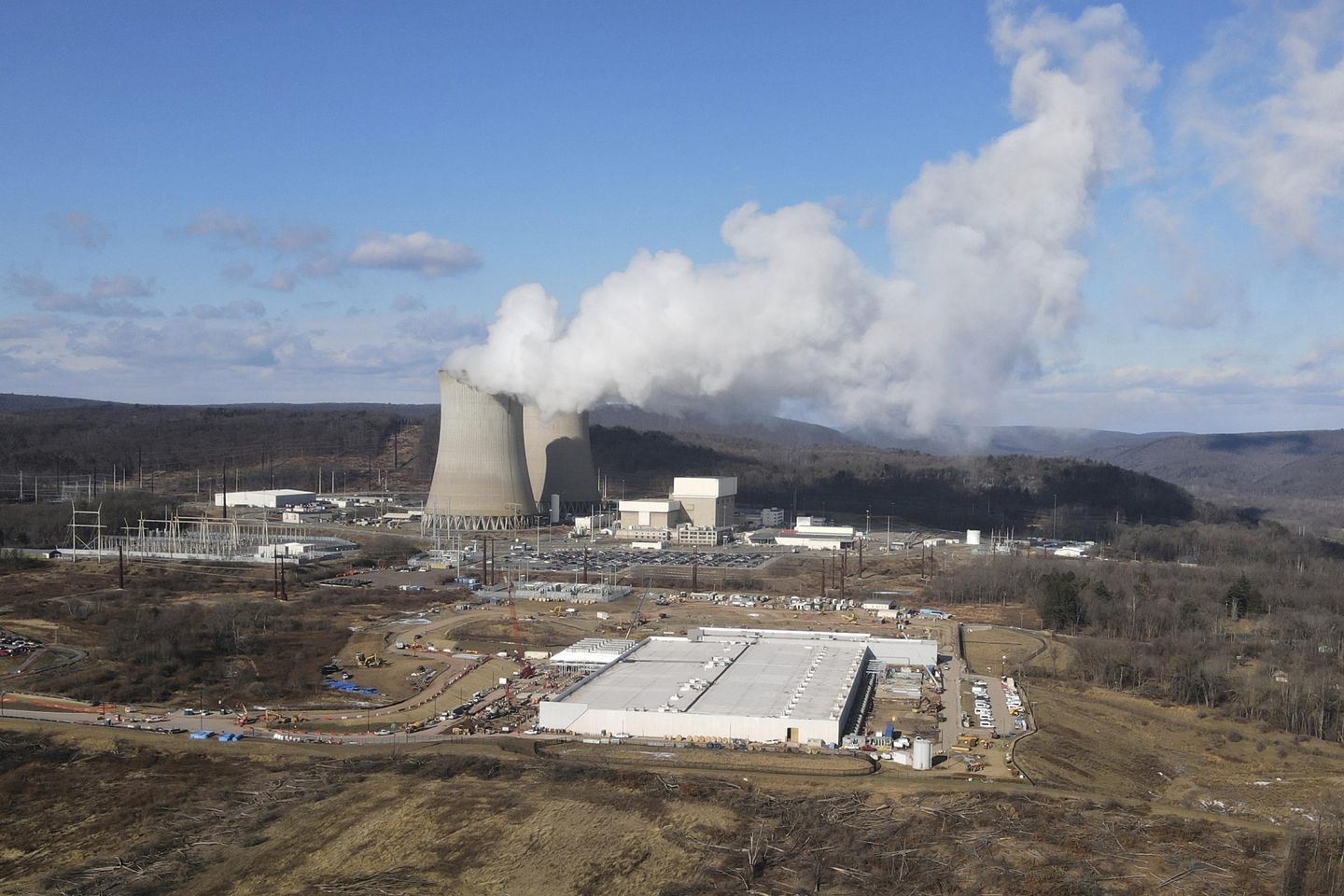In recent years, tech giants such as Google, Facebook, and Amazon have been expanding their data centers and operations at a rapid pace. With this growth comes an increased demand for electricity to power their servers and keep their services running smoothly. In order to meet this demand, these companies are now seeking direct power supply deals with power plants, bypassing the traditional grid system.
The traditional grid system, which delivers electricity from power plants to consumers through a network of transmission lines and distribution systems, has long been the primary way that electricity is delivered. However, as tech companies have grown in size and scope, they have found that the grid system may not always be able to meet their specific needs in terms of reliability and sustainability.
By entering into direct power supply deals with power plants, tech giants are able to ensure a more stable and reliable source of electricity for their data centers. This can be particularly important for companies like Google and Facebook, which rely on constant access to power to keep their services up and running.
In addition to reliability, direct power supply deals also offer tech companies the opportunity to source their electricity from renewable sources. Many tech giants have made commitments to reducing their carbon footprint and using clean energy to power their operations. By working directly with power plants, these companies can negotiate deals for renewable energy sources such as wind or solar power, helping them meet their sustainability goals.
One of the main advantages of direct power supply deals is the ability for tech companies to have more control over their electricity supply. By working directly with power plants, these companies can negotiate contracts that meet their specific needs in terms of price, reliability, and sustainability. This level of control is especially important for companies like Amazon and Google, which have massive data centers that consume a significant amount of electricity.
Another benefit of direct power supply deals is the potential cost savings for tech companies. By cutting out the middleman and working directly with power plants, these companies can potentially negotiate better rates for their electricity supply. This can result in significant cost savings over time, especially as energy prices fluctuate.
Despite the advantages of direct power supply deals, there are also challenges that tech companies may face. One of the main challenges is the need for infrastructure to support these direct connections between power plants and data centers. This may require significant investment in building new transmission lines or upgrading existing infrastructure to support the increased demand for electricity.
Additionally, there may be regulatory hurdles that tech companies need to navigate in order to enter into direct power supply deals. Depending on the location of their data centers and the power plants they are working with, companies may need to obtain permits or approvals from local authorities in order to establish these direct connections.
Overall, the trend of tech giants seeking direct power supply deals with power plants represents a shift in how electricity is delivered to large consumers. By bypassing the traditional grid system, these companies are able to ensure a more reliable and sustainable source of electricity for their operations. As the demand for electricity continues to grow, it is likely that more tech companies will explore this option as a way to meet their energy needs in a cost-effective and sustainable manner.









